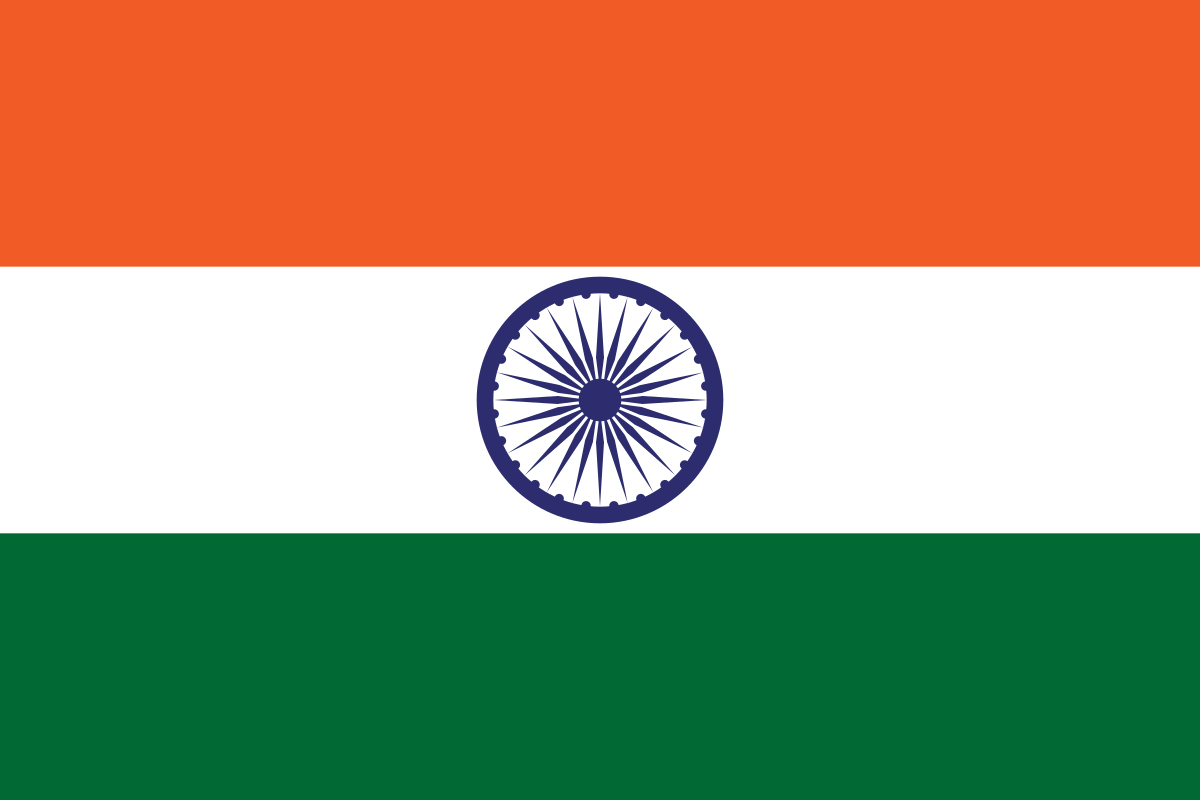The “Iron Man” of India is a title popularly bestowed upon Vallabhbhai Patel, also known as Sardar Patel. This honorific reflects Patel’s pivotal role in the unification of India following independence from British colonial rule. Here’s why Vallabhbhai Patel is widely regarded as the “Iron Man” of India:
Unification of India:
After India gained independence from British rule in 1947, the country was faced with the daunting task of integrating over 500 princely states into the newly formed Union of India. Vallabhbhai Patel, as the Deputy Prime Minister and Minister of Home Affairs, was entrusted with the responsibility of unifying these diverse territories, each with its own ruler and administrative system.
Integration of Princely States:
Vallabhbhai Patel pursued a pragmatic and determined approach to persuade the princely states to accede to the Indian Union. Through negotiations, diplomacy, and, when necessary, coercion, Patel succeeded in persuading the majority of princely states to join India. His adept handling of the situation prevented the balkanization of India into numerous small entities and laid the foundation for a unified and cohesive nation.
States Reorganization Act:
Vallabhbhai Patel played a key role in the formulation and implementation of the States Reorganization Act of 1956, which reorganized India’s states along linguistic lines. This landmark legislation aimed to promote administrative efficiency, linguistic harmony, and cultural cohesion by creating states based on the predominant language spoken by the population. The reorganization of states facilitated better governance and strengthened the bonds of unity among India’s diverse linguistic and cultural communities.
Leadership and Statesmanship:
Vallabhbhai Patel’s leadership during the tumultuous period of India’s partition and independence demonstrated his remarkable statesmanship, resilience, and commitment to national unity. His firm resolve, unwavering determination, and willingness to confront challenges head-on earned him the admiration and respect of his contemporaries and future generations.
Role in the Independence Movement:
Prior to his efforts in unifying India, Vallabhbhai Patel played a significant role in India’s struggle for independence from British colonial rule. He was a prominent leader of the Indian National Congress and actively participated in various civil disobedience campaigns, protests, and movements against British imperialism. Patel’s leadership during the Quit India Movement of 1942 earned him the title of “Sardar,” meaning “leader” or “chief,” bestowed upon him by Mahatma Gandhi.
Legacy and Inspiration:
Vallabhbhai Patel’s contributions to the unification of India and his steadfast commitment to national integration have left an indelible mark on the country’s history and collective consciousness. He is remembered as a towering figure in Indian politics, revered for his iron will, integrity, and dedication to the principles of democracy, secularism, and social justice. Patel’s legacy continues to inspire leaders and citizens alike to uphold the ideals of unity, diversity, and nation-building.
In conclusion, Vallabhbhai Patel, popularly known as the “Iron Man” of India, earned this title through his exceptional leadership, determination, and statesmanship in uniting the diverse princely states and forging a cohesive and integrated nation. His contributions to India’s independence movement and his role in shaping the country’s destiny as a unified republic have secured his place as one of India’s most revered and iconic leaders.
